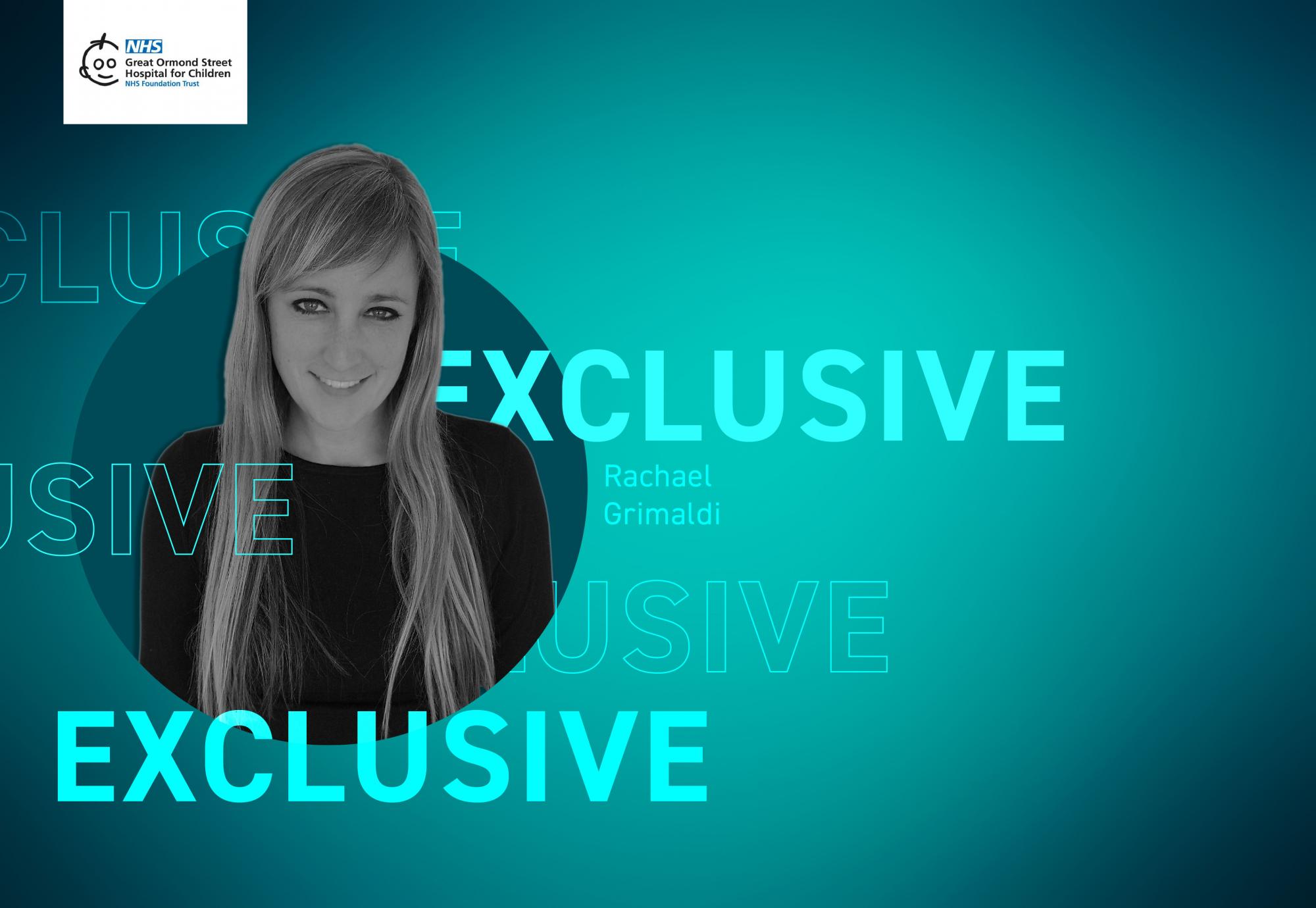Recently a Freedom of Information request submitted to 139 NHS trusts by Healthwatch England found that only a third of trusts complied with Accessible Information Standards (AIS).
With telehealth and digital care becoming more commonly used in all aspects of healthcare, are our healthcare providers able to offer equal access to services irrespective of communication needs?
There are an estimated 11 million people in the UK with partial or total hearing loss and a further 1.9 million people who have experienced partial sight loss or are blind.
In addition to those affected by sight or hearing loss, one in 50 people across England and Wales cannot speak English to an adequate level meaning they may struggle to communicate effectively, particularly in a healthcare setting.
Additional communication needs can affect a person’s ability to access healthcare and with over 25 percent of trusts saying they do not record patients’ communication needs on their record, it can create a gap in care.
Dr Rachael Grimaldi is an anaesthetic registrar at Great Ormond Street Hospital, with a keen interest in patient safety and communications, and explains: “There are complex reasons behind why people may have additional communication needs and why they might struggle accessing healthcare”.
She adds: “It could be anyone who speaks a foreign language, has learning disabilities, has had a stroke, dementia, or other kind of cognitive problems, literacy issues, as well as visual impairments like blindness.
“It’s challenging for people to initiate or initially access healthcare systems, because there's a lot to navigate. Then even once they are engaged with healthcare systems, they then have to try and understand staff, or healthcare professionals in those settings and that can also be really challenging.
“For most people, picking up the phone and making a doctor’s appointment is an easy job but for those with additional needs simple tasks like this can pose a serious challenge.
“If you don't speak the language, can't read or you've got a learning disability, then nowadays it's not necessarily as simple as just picking up the phone, to book an appointment, there are online systems to navigate.
“There's always the option to phone the GP practice to say, ‘I can't I don't have computer’ or ‘I don't speak English’, or ‘this is too complicated for me’. But that's a big barrier for a lot of people to be able to just pick up the phone and make that call”.
The AIS, formerly known as DCB1605 Accessible Information is made up of specification and implementation guidance, which from August 2016 must be legally adhered to in services that provide NHS care or publicly funded adult social care.
With the obvious barriers of poor or limited communication between those providing the care and the patient, the overall health outcome for people with additional communication needs can differ from the outcome for those without.
“There’s a huge amount of anxiety, fear and sometimes even embarrassment that they don’t understand what staff are trying to say to them. When there’s a language barrier or someone is deaf then for example when you’re trying to take their bloods, they have no idea what you’re trying to say and suddenly you come at them with a needle. That can be quite terrifying.
“Or if they have a quite serious diagnosis but aren’t able to understand what that means or what treatment options are available. These are all things that may be going round in patients’ heads, but they have no way of communicating to the health professionals caring for them”.
To assist those who require additional communicative support, trusts must adopt a few key themes to enable equal care and equal access to care which Rachael says is as simple as ensuring there is a button to click when making a referral which states whether patients require any supplementary support.
“Overall digital inclusion is really high on the agenda and rightly so. I think if we do it right and we digitise services in an inclusive way, so we have an option for sign language, easy to read documents, braille and other accessible formats, then we will increase the accessibility of healthcare services for these groups of patients”.
“It is just about having the right systems in place. When I go to do a pre-op on a patient before they have an operation, I don't find out until I literally pick up their notes that they need an interpreter. Sometimes this is flagged before it gets to me but that isn’t always the case”.
Many people who struggle with speech such as those with learning disabilities are already familiar with using augmentative and alternative communication formats, however others who do not have access to a digital device can experience digital poverty.
Rachael added: “Digital poverty and accessing technology for everybody will always be a challenge. But I think actually, overall, digitising services – as long as it's done in an accessible way – will be a massive step in the right direction for this group of patients”.
Health staff can often rely on family, friends, and other staff members to communicate with the patient in circumstances where they may speak a different language. While an effective short-term fix, relying on this method solely is now sustainable as a long-term strategy, particularly when instances such as Covid restrictions meant family were unable to accompany their loved ones inside hospitals.
“In an ideal world we would have an interpreter or translator available 24/7 whether that be over the phone or in person, but that is not realistic. Not every trust if any has the funding to be able to achieve that goal.
“I think the gold standard would be to have more funding, but [until then] we need to look to be more creative, innovative and come up with digital solutions to the problem.”



















